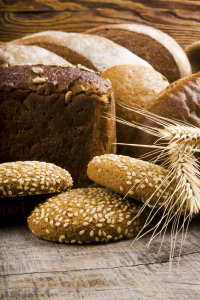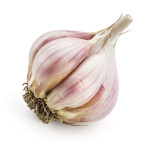The Gluten Debate
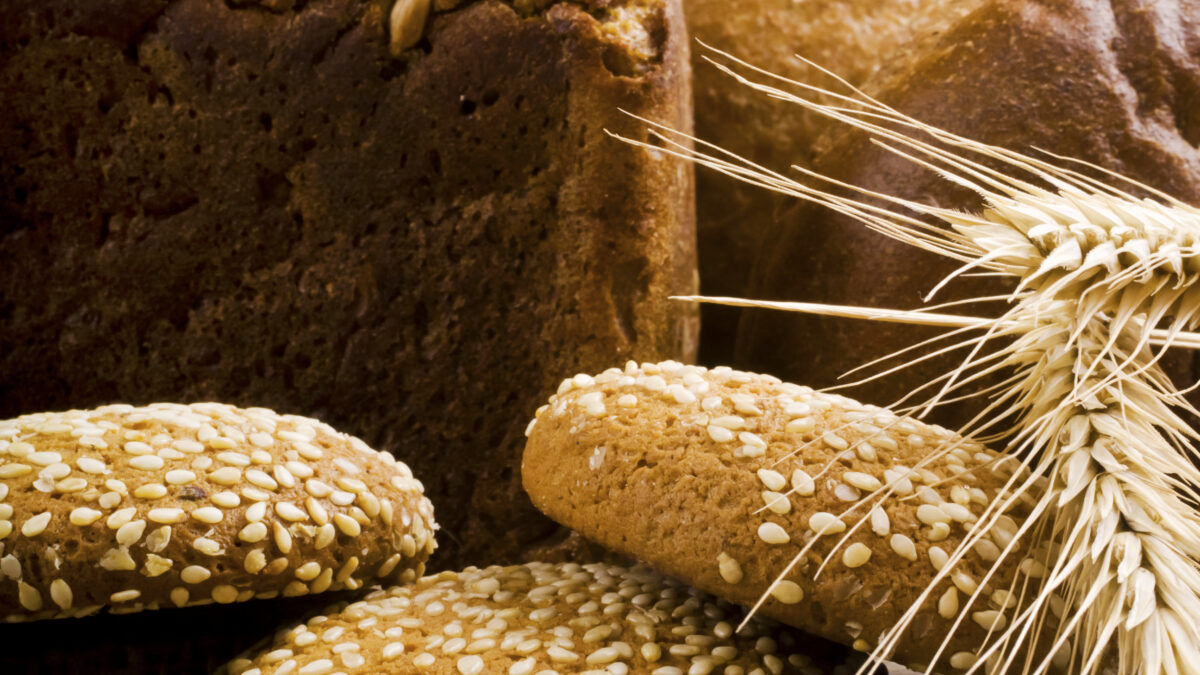
It’s time to separate the wheat from the chaff. Reassessing the gluten-free fad for the runner’s diet.
By: Bobbi Barbarich
If your running partner passed on the pre-race pasta a decade ago, he likely would have been asked why. If his answer was, “I’m gluten intolerant,” you may not have understood what that was.
Fast-forward to 2014. It seems nearly everyone knows something about gluten and many people have strong opinions as to whether you should eat it. Gluten is found in wheat, barley, rye and products made from these grains. The rampant avoidance of this complex protein that gives baked goods their texture is supported and fuelled by a market worth nearly half-a-billion dollars in Canada. But markets don’t necessarily make products based on proven science.
The gluten-free fad likely started with the recognition of celiac disease, a serious autoimmune disease that causes inflammation of the small intestine. It affects about one per cent of the population. People who have celiac disease cannot have any form of gluten lest they subject themselves to severe side effects, including cramping and diarrhea. If ignored, the disease can lead to nutrient malabsorption and malnutrition, and increase the risk of cancer. From celiac disease stemmed non-celiac gluten sensitivity (NCGS), a non-immune related intolerance to gluten that may be diagnosed by a doctor when celiac disease is not the cause of the symptoms. But there’s a piece of the NCGS puzzle that’s been confounding studies for years.
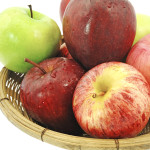 In 1999, Australian researchers identified a specific kind of carbohydrate in wheat: fructan, from a group of carbohydrate compounds called FODMAPs (fermentable oligo-di-monosaccharides and polyols). Few people know about FODMAPs, found in wheat, apples, watermelon, onions and garlic, but many know about gluten. Despite FODMAP research, gluten became an easily identified household scoundrel on which people chose to pin their gastric distress and a market bloomed in that niche.
In 1999, Australian researchers identified a specific kind of carbohydrate in wheat: fructan, from a group of carbohydrate compounds called FODMAPs (fermentable oligo-di-monosaccharides and polyols). Few people know about FODMAPs, found in wheat, apples, watermelon, onions and garlic, but many know about gluten. Despite FODMAP research, gluten became an easily identified household scoundrel on which people chose to pin their gastric distress and a market bloomed in that niche.
Gluten-free proponents report that cutting out gluten results in weight loss, reduced bloating and sometimes more energy – which can attract people who don’t have celiac or NCGS. Gastroenterologists have been desperately trying to determine whether these claims could be true and just who they may affect. Belgian researcher Jessica Biesiekierski’s recent research shows that FODMAP, not gluten, is the greater culprit in gastrointestinal aches and pains.
In a 2013 study published in the journal Gastroenterology, Beiseikierski gave 37 people with NCGS a low FODMAP diet, followed by either a high-gluten or low-gluten diet. The remarkable result is that less than 10 per cent of the participants experienced gluten-related side effects. Rather, following the low FODMAP diet is what seemed to help the majority.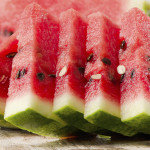
Although it’s a small study, it’s a significant step toward better understanding of what you may actually be eating, and what
may be eating you. The food industry hasn’t yet switched gears to FODMAP-free, but if you can enjoy a slightly wider variety of food knowing gluten isn’t the bad guy, you might find a little less stress in your pre-race pasta dinner.
